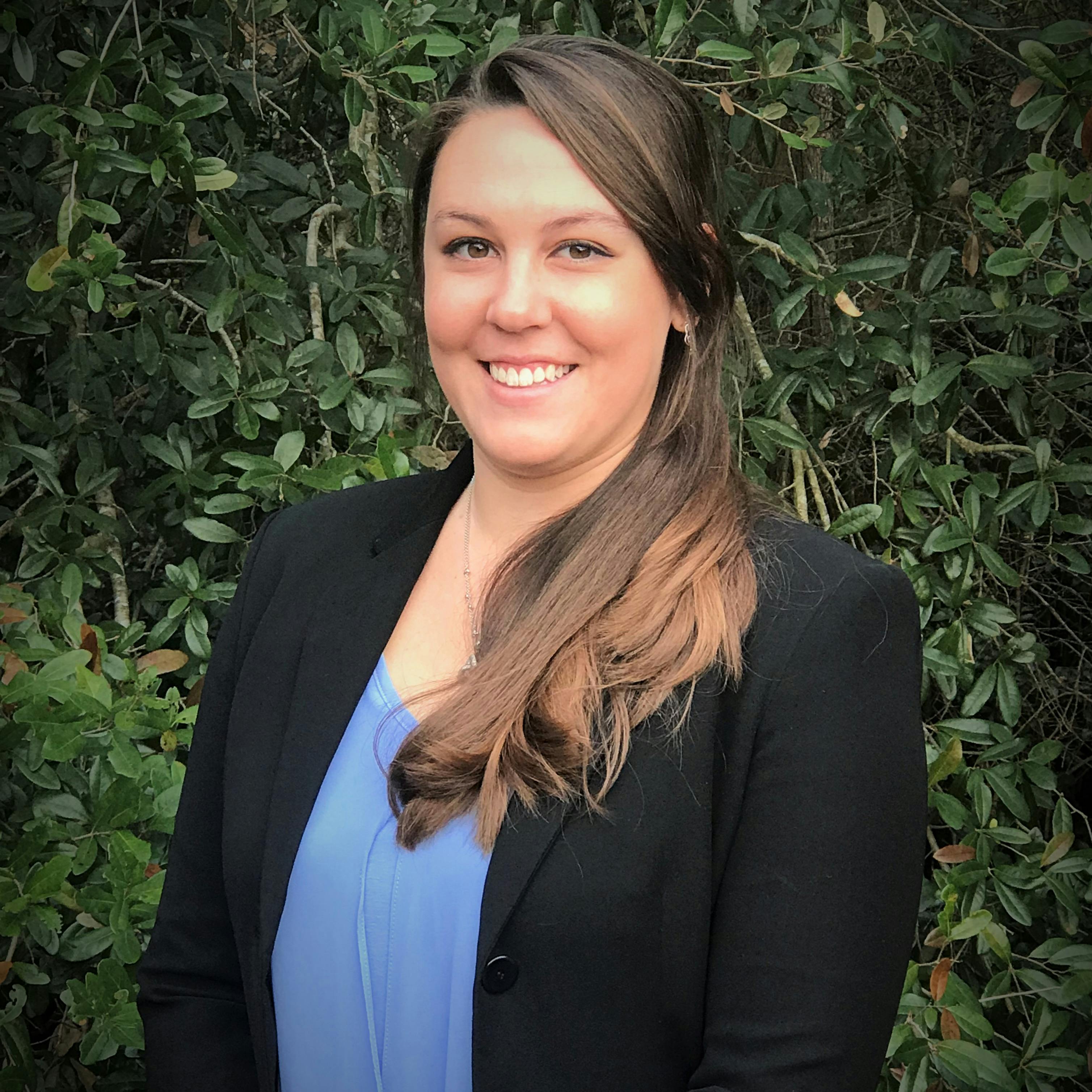
Advance Care Planning: Documenting your Healthcare Wishes
Communicating your healthcare preferences

Check out Lantern's directory of Advance Directive Forms by State to get the healthcare forms you need -- for free!
--
There can be unexpected turns and twists in your life’s journey, some of which may leave you or a loved one seriously ill. Have you mapped out the type of medical care you would want if you are unable to communicate? If not, you are not alone. Studies over the past decade frequently report that only about one third of Americans have an advance care plan in place despite the well-documented benefits. Many of the reasons that people put off and avoid advance care planning stem from common misunderstandings about these crucial documents.
- Advance care planning is the process of discussing and documenting your healthcare preferences about what you do or do not want in advance, so that your wishes are understood if you are no longer able to communicate for yourself. An advance care plan provides your loved ones and healthcare providers with a roadmap for your care; removing the burden of guessing what you might want and ensuring that you remain in control of your treatment, even in the event of a healthcare crisis.
- Advance care planning does not require the use of an attorney. While many professionals (like attorneys, financial planners, and insurance agents) provide these documents to their clients, you are not required to complete them with professional assistance. Specific signing requirements differ from state-to-state, but generally witnesses and/or notarization will be sufficient.
- Advance care planning is not expensive! There are many low cost and even free options available throughout the country.
Two Main Types of Advance Care Planning Documents
A Living Will documents your personal wishes for healthcare and end of life treatment, providing you the opportunity to share with your care team and loved ones the types of treatment that you do or do not want at the end of life in the event that you are unable to communicate your wishes for yourself.
A Living Will is not a Last Will and Testament. While your Last Will and Testament will be a valuable tool for your family after your death and deals with distribution of property, a Living Will provides them with guidance before your death and deals with your medical care and treatment decisions.
Durable Power of Attorney for Healthcare/Designation of a Healthcare Proxy: While different states use different terms to describe this document, they are all designed to allow you to identify the person that you would want to make healthcare decisions on your behalf if you are not able to communicate them for yourself, either on a temporary or permanent basis due to accident, serious illness, or terminal diagnosis.
Unlike a regular Durable Power of Attorney, a Durable Power of Attorney for Healthcare does not grant the person you choose as your agent the authority to make financial decisions on your behalf.
The person you choose to act as your healthcare proxy will be responsible for making decisions about whether healthcare will be provided, withheld, or withdrawn. It is important that you trust them to follow your wishes and that you communicate these wishes to them clearly and in advance when possible.
Why Should I Have an Advance Directive?
- To protect your wishes if you become seriously ill, retain control of your medical care, and make your voice heard even when you are unable to communicate.
- To provide your family with the peace of mind to know that they are following your wishes.
- To ensure you receive the care that you do want.
- To ensure you do not receive care that you do not want.
- To reduce unwanted healthcare costs for you and your family.
- To improve your quality of life.
- To protect your dignity.
Who Should Have an Advance Care Plan?
Everyone. No matter what your age, healthcare status, or stage of life, you can benefit from planning for your healthcare. Unfortunately a healthcare crisis, serious illness, or accident can happen to anyone, but having a plan of care in place ensures that your wishes are protected and your family has peace of mind if something were to happen to you.
Who Should Have a Copy of my Advance Directive?
Anyone who is a part of your care team should receive a copy. Some examples would include: your primary healthcare provider, designated healthcare agent, family, friends, attorney, financial advisor, faith leader, electronic advance directive repositories, etc.
While talking about a healthcare crisis, being diagnosed with a serious illness, or thinking about the end of life can seem intimidating, there are a number of tools out there that can help you and your loved ones have the conversations that matter. After all, it’s not about your death; it’s about how you want to live before your death.
How do I make an Advance Directive?
Lantern features a directory of Advance Directive Forms by State to help you find the healthcare forms you need. And good news: it's all free!
